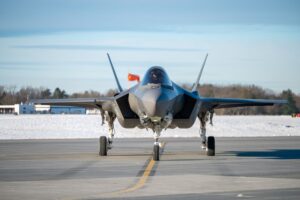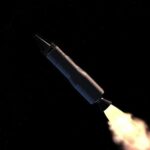
A Texas federal judge ruled on Dec. 29 that Pittsburgh's Howmet Aerospace [HWM] likely broke its contract to supply titanium mill products to Lockheed Martin [LMT] for the F-35 fighter, but the judge found no "irreparable harm" to the F-35 and denied Lockheed Martin's request for a preliminary injunction to compel Howmet to deliver those titanium products at the negotiated lower, fixed price. Such products include titanium ingot, billet, sheet and plate. "Lockheed argued that it would suffer irreparable harm…













